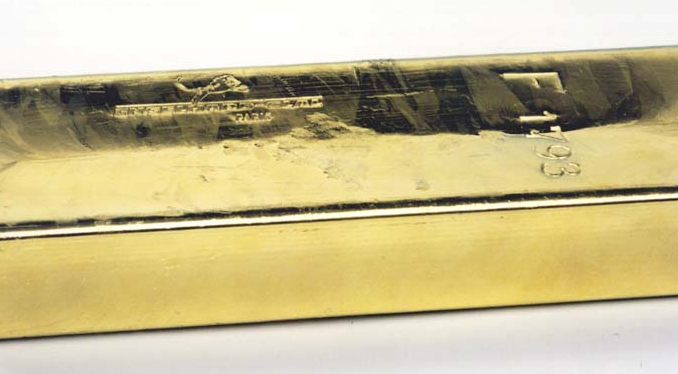
In la Tribune 7/7/2019
Gold has no place, or very little, at the 19th Rencontres Économiques in Aix-en-Provence, and that’s normal. The yellow metal has been a currency under many old regimes; it is now a depolarized compass. It yields no interest, its price is uncontrollable, its dual use between finance and industries is incomprehensible; a barbaric relic far and away from the theme of this year’s Encounters: “Renewing trust”.
However, in the same world as the Rencontres, Investors put their capital in gold over the long term, because they are distrustful of volume of liquidity increases (QE) which causes inflation out of price of other financial assets; the yellow metal is also boosted by the purchases of central banks which accumulate it in their reserves; gold is also a shelter against explosive shows: commercial war between the United States and the rest of the world, social uncertainties, fear of a crack, Brexit, identity crisis, African growth, new world order with less solidarity and more solitary in the West and more organized and grouped in the East …; gold is also a mirror of cryptocurrencies that will have to give non-virtual guarantees; it finally benefits from a rate of the money against nature, negative it measures a lack of interest, but it builds a curve of real interest rates very profitable to the price of gold.
In short, in this economy without trust, a whole world buys, hoards or sells gold and with confidence for at least three reasons:
• Gold takes advantage of hopes for growth and fears of crises, it is always a safe haven with its two pleonasms: the world is always dangerous somewhere, and the future is uncertain everywhere;
• It benefits from a diversification of the dollar: gold protects from Donald Trump’s tweets;
• He is finally a trusted third party. Unlike a bank note, it is no one’s debt, and will not suffer any economic, legal or geopolitical sanction.
As a result, gold prices have risen to levels announced in our warning last September. Therefore, after plowing these furrows, the time has probably come to contemplate other opportunities: the gold mines. Everyone knows that they are conglobing for a few months, the rise in the price of metal gives consistency to the movement. The other spur of these mergers is the support for the price of mining shares brought by the renewal of metals resources: it is difficult for miners to increase them without discovering new deposits, but it has become more embarrassing to justify their exploitation by moving communities. This is why miners enlarge their reserves by merging with one another, or by buying juniors who have already successfully crossed the different valleys of the death of mineral exploration.
What is valid for gold mines is also valid for other metals, and the meetings of Aix-en-Provence could reconnect with confidence by participating in the development of a mining doctrine for the purpose of revive the upstream of the big industry; but by avoiding the famous hoax of the rare metals, an empty meaning expression and whose metals are so rare that their deposits and their mines are unfindable.